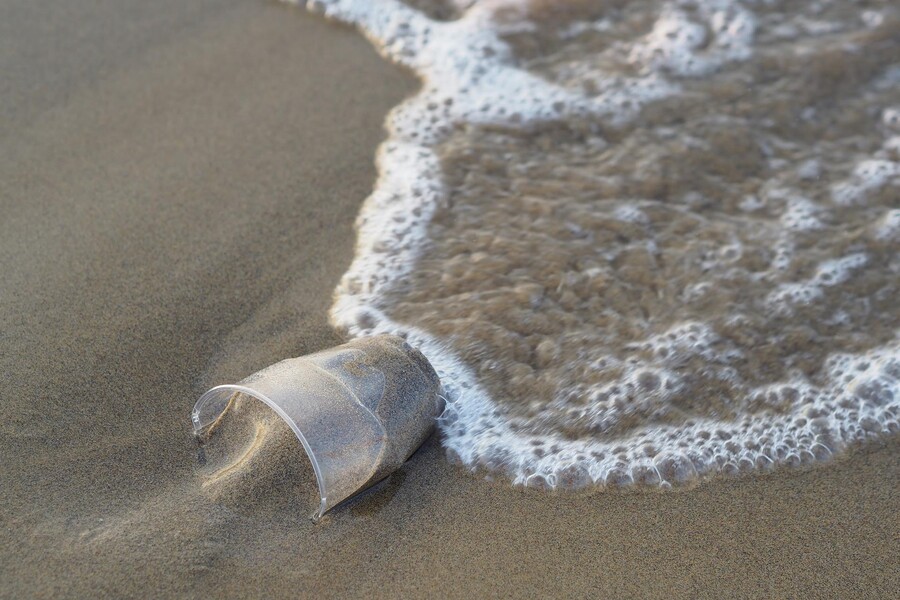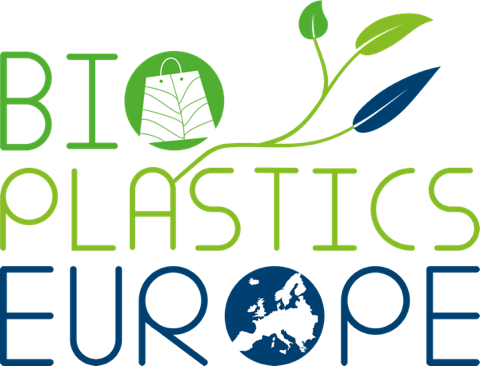Bioplastics in the Sea: Rapid In-Vitro Evaluation of Degradability and Persistence at Natural Temperatures
Researchers from the BIO-PLASTICS EUROPE team at the Alfred Wegener Institute (AWI), Germany, published a paper last month on in-vitro testing of the enzymatic degradation of bio-based plastics under natural temperatures prevailing in the marine environment.

Image: Plastic waste is accumulating in the marine environment - fossil-based and bio-based alike. Image by flockine from Pixabay.
Petroleum-based polymers are being progressively substituted for bio-based and/or biodegradable plastics, which leads to the development and production of many new materials that can be used for various applications. With the growing use of these materials, they are increasingly discarded into the environment, where they can interfere with the ecosystem.
Microbial enzymes present in the marine environment can bio-degrade certain types of polymers via hydrolysis, potentially making biodegradation a viable end-of-life treatment for these materials and lessening the impacts on the environment. However, only 60% of bio-based plastics are currently biodegradable and many of these show low degradation rates under environmental conditions. In order to develop materials with better degradation properties, the processes by which they degrade, such as enzymic hydrolysis, need to be better understood.
Therefore, the study tested bio-degradation rates of different bio-based polymers by exposing them to enzymes and measuring the hydrolysis rate in seawater at naturally occurring temperatures. The enzymes chosen were similar to the ones produced by marine fungi and bacteria. The materials tested were five bio-based polymers developed by BIO-PLASTICS EUROPE project partners.
The hydrolysis rates of the tested BPE materials varied with the applied enzymes and temperature. Enzymatic hydrolysis was highest at 30°C – temperatures rarely reached in the marine environment. Generally, the tested materials showed low or no degradation at environmentally relevant temperatures, indicating that they might persist in the marine environment.
As the degradation rates of the tested bio-based materials were low, the uncontrolled release of these materials into the environment should be avoided, as it may lead to accumulation and disturbance of sensitive ecosystems. Polymers should be designed that are more easily degradable at ambient environmental temperatures.
You can read the full paper in our download section.

